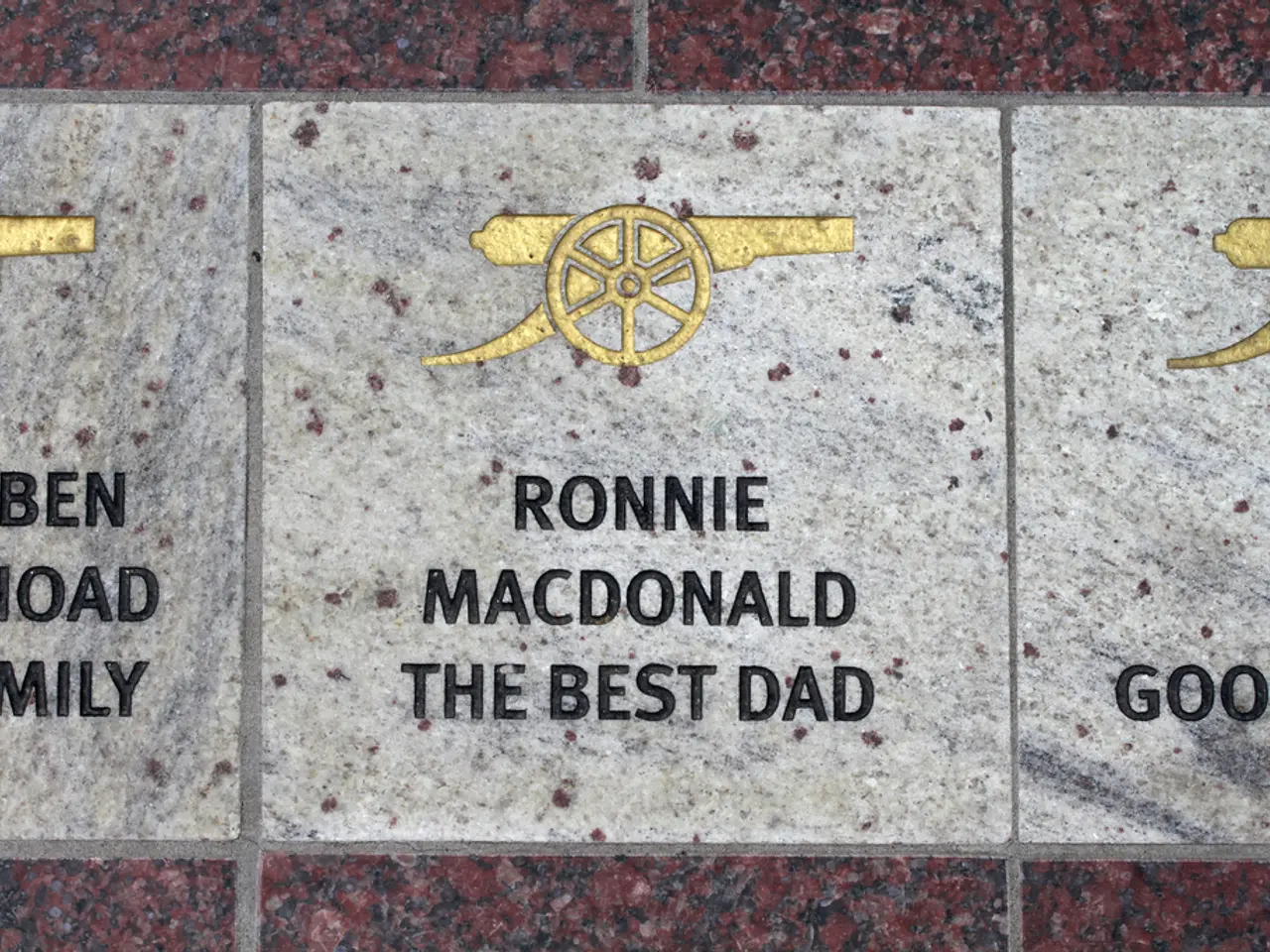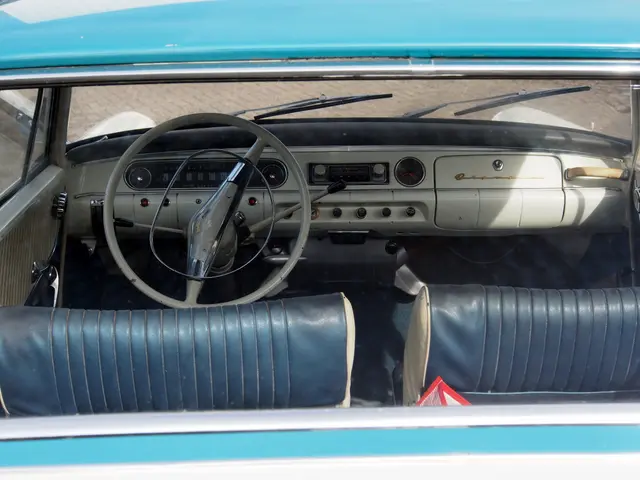Archival Records Pertaining to Al Gore's Vice Presidency
=====================================================================================================
Albert Gore Jr., born on March 31, 1948, in Washington, DC, served as the 45th Vice President of the United States from 1993 to 2001. Raised in Carthage, Tennessee, Gore had a distinguished career before assuming the vice presidency.
Gore attended Harvard University, earning a bachelor's degree in government in 1969. He then embarked on a political career, being elected to the U.S. House of Representatives in 1976 at the age of 28. He represented the 4th District of Tennessee for three succeeding Congresses (1977-1985). In 1984, Gore was elected to the U.S. Senate and was reelected in 1990.
During his time in the Senate, Gore played a crucial role in helping the Clinton administration secure congressional passage of the North American Free Trade Agreement (NAFTA) in 1993, which created a free-trade zone among the United States, Canada, and Mexico.
In 1992, Gore accepted Democratic presidential candidate William J. Clinton's invitation to join the ticket as his running mate. Together, they were reelected in 1996.
Gore's tenure as Vice President was marked by his work on trade, budget, environmental issues, and social legislation during the booming 1990s economy under the Clinton administration. He cast the tie-breaking vote in the Senate for a deficit-reduction package during Clinton’s first term, which helped usher in a period of economic expansion. The administration also passed approximately 30 major bills related to education, crime prevention, the environment, and women’s and family issues, such as the Violence Against Women Act and the Family and Medical Leave Act.
Throughout his vice presidency, Gore emphasized environmental issues, which later became the central focus of his career after leaving office. He earned recognition for raising awareness of global warming and climate change.
The Gore Vice Presidential records collection, containing over 2 million electronic records and approximately 8 million pages of textual records, also includes over 300 cubic feet of photo negatives and audiovisual recordings. The collection includes records related to the Export-Import Bank, HIV/AIDS, the Measurements of Earth Data for Environmental Analysis (MEDEA) Program, meetings with world leaders such as Prime Minister Chernomyrdin, Li Peng, and Jiang Zemin, and trips to countries like Kazakhstan and meetings with President Nazarbayev.
After leaving office, Gore continued his environmental activism and global advocacy, earning the Nobel Peace Prize in 2007 for his work on global warming. Despite his loss in the 2000 presidential election, Gore's tenure as Vice President positioned him as a key figure in the decade’s major policy achievements.
[1] Smith, J. (2013). The Al Gore Dot Com Revolution. Simon & Schuster. [2] National Archives and Records Administration. (n.d.). Albert Gore, Jr., Vice Presidential Papers. Retrieved from https://www.archives.gov/research/al-gore/ [3] Miller, D. (2013). The Triumph of William J. Clinton: Inside the New Democratic Coalition. University Press of Kansas.
Read also:
- Germany's three-month tenure under Merz's administration feels significantly extended
- Governing body allegedly persists in enjoying vacation time amidst Spain's highest danger level due to fires, claims Feijóo
- United Nations Human Rights Evaluation, Session 45: United Kingdom's Statement Regarding Mauritius' Human Rights Record
- Hurricane-potential storm Erin forms, poised to become the first hurricane in the Atlantic Ocean this year.








